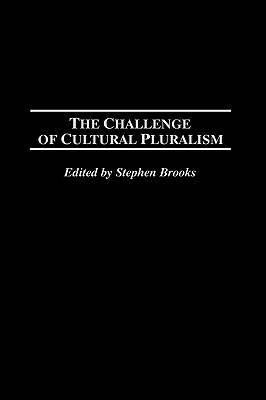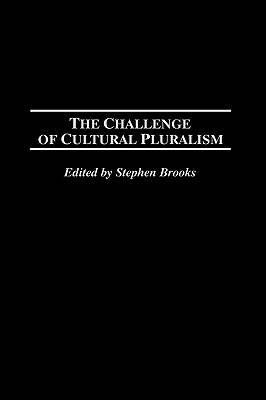
- Retrait gratuit dans votre magasin Club
- 7.000.000 titres dans notre catalogue
- Payer en toute sécurité
- Toujours un magasin près de chez vous
- Retrait gratuit dans votre magasin Club
- 7.000.0000 titres dans notre catalogue
- Payer en toute sécurité
- Toujours un magasin près de chez vous
Description
Many believe that we are passing through a period during which, due largely to globalization's challenge to the idea and sovereignty of nation-states, there is now the intellectual and political space for the construction of new models of citizenship, involving new relations between individuals and their governments. These new relations may be mediated through individuals' membership in communities that are recognized within states. In various ways, the resurgence of ethnic nationalism, the rise of multiculturalism, the ideas associated with communitarianism, and the apparent erosion of national sovereignty have all contributed to the creation of this interest in new ways of conceptualizing citizenship and carrying out the tasks of governance.
Brooks and his colleagues examine various aspects of the challenge of cultural pluralism. Together they cover a wide range of national cases, theoretical issues, and empirical research. The collection is intended for all scholars, students, and researchers who have an interest in cultural pluralism, consociationalism, and inter-community relations in socieites divided by language, ethnicity, and culture.Spécifications
Parties prenantes
- Auteur(s) :
- Editeur:
Contenu
- Nombre de pages :
- 208
- Langue:
- Anglais
Caractéristiques
- EAN:
- 9780275970017
- Date de parution :
- 30-10-02
- Format:
- Livre relié
- Format numérique:
- Genaaid
- Dimensions :
- 174 mm x 229 mm
- Poids :
- 449 g

Les avis
Nous publions uniquement les avis qui respectent les conditions requises. Consultez nos conditions pour les avis.






